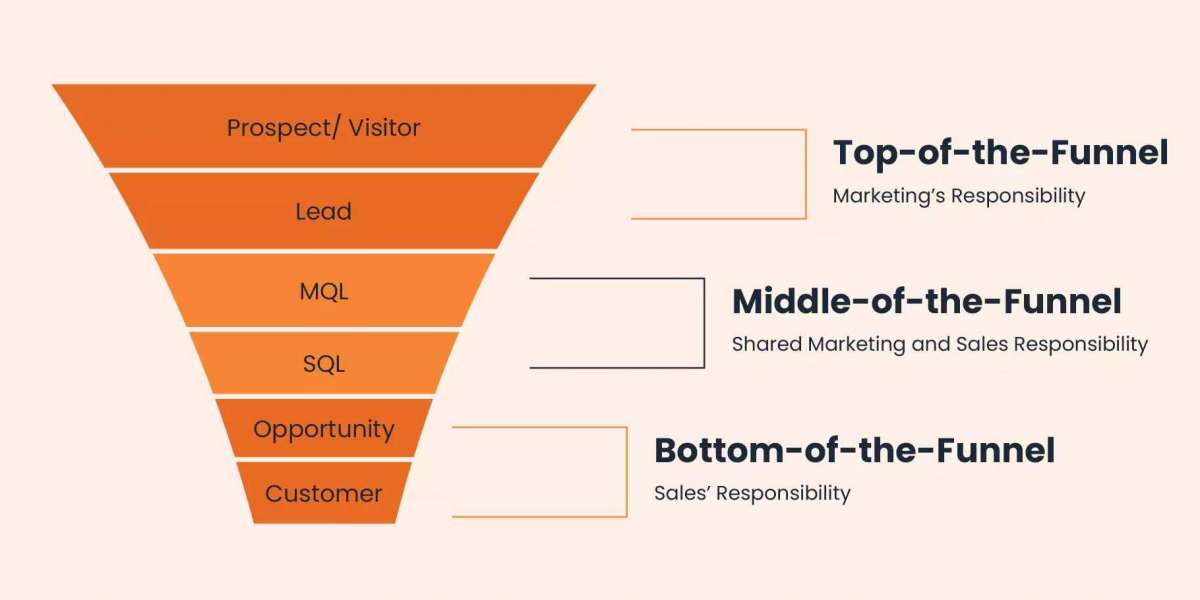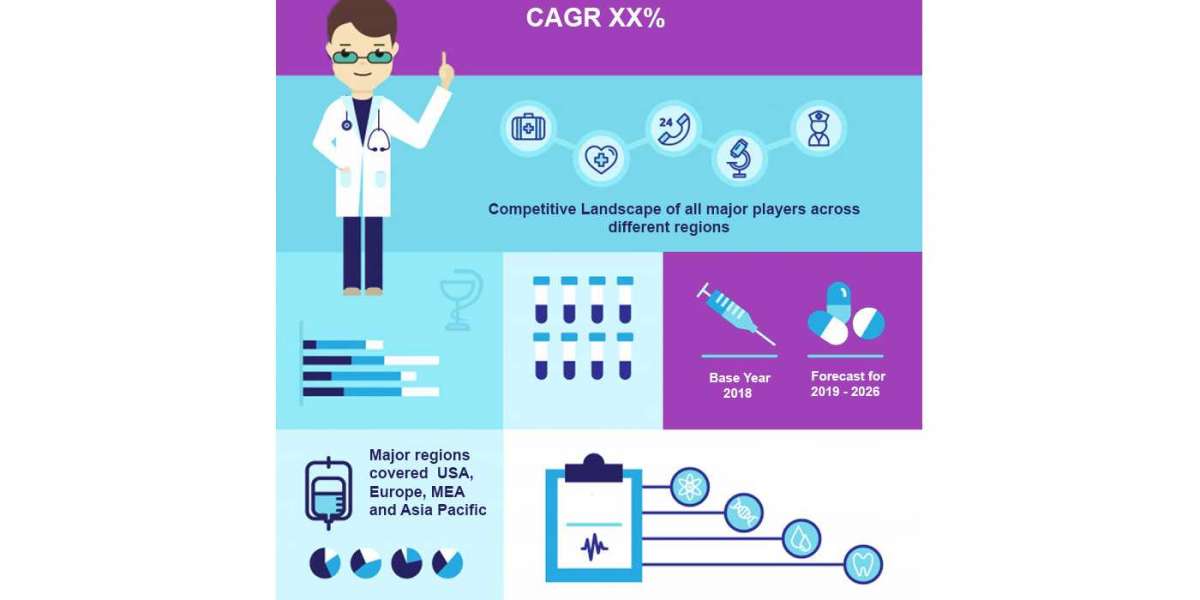In the realm of business and marketing, understanding the distinctions between MQL, SQL, and HQL is crucial for effective lead management and sales optimization. These acronyms represent different stages in the lead qualification process, each with its unique characteristics and implications for sales and marketing strategies. Let's delve into the definitions, significance, and practical applications of MQL (Marketing Qualified Lead), SQL (Sales Qualified Lead), and HQL (High-Quality Lead).
Marketing Qualified Lead (MQL)
Definition: A Marketing Qualified Lead (MQL) is a potential customer who has demonstrated interest in a company's product or service through marketing efforts and is deemed more likely to become a customer compared to other leads. MQLs have engaged with marketing content but are not yet ready for direct sales calls.
Significance: MQLs are vital because they indicate that a lead is interested and has a higher probability of converting into a customer. By focusing on MQLs, marketing teams can nurture these leads through targeted content, personalized emails, and other engagement strategies to move them further down the sales funnel.
Characteristics:
- Engagement with marketing content such as blogs, webinars, or whitepapers.
- Subscribed to newsletters or downloaded resources.
- Interaction with social media posts and ads.
- Filled out forms on the company website for more information.
Practical Application: Marketing teams should create a robust nurturing strategy for MQLs. This includes automated email campaigns, retargeting ads, and personalized content that addresses the lead's specific needs and pain points. The goal is to educate and build trust with the lead, preparing them for a sales conversation.
Sales Qualified Lead (SQL)
Definition: A Sales Qualified Lead (SQL) is a lead that has been vetted by the marketing team and is considered ready for the next step in the sales process. SQLs have shown enough interest and engagement to warrant direct contact from the sales team.
Significance: SQLs are critical because they are at a stage where they can directly impact sales revenue. They have moved beyond just showing interest and are now seriously considering a purchase. Effective management of SQLs can significantly shorten the sales cycle and increase conversion rates.
Characteristics:
- Request for a demo or trial.
- Explicit interest in purchasing the product or service.
- Positive response to sales outreach.
- Budget, authority, need, and timing (BANT) criteria met.
Practical Application: Sales teams should prioritize SQLs by reaching out promptly with personalized offers and solutions. This stage requires a thorough understanding of the lead's specific needs and challenges, enabling sales reps to tailor their pitch and provide compelling reasons for the lead to choose their product or service.
High-Quality Lead (HQL)
Definition: A High-Quality Lead (HQL) is a lead that meets all the criteria of an SQL but exhibits an exceptionally high likelihood of converting into a paying customer. HQLs have not only engaged deeply with marketing content but have also shown strong buying signals.
Significance: HQLs are the most valuable leads as they represent the best opportunities for sales conversion. They are often at the final stage of the decision-making process and are ready to make a purchase, provided the sales pitch aligns with their needs.
Characteristics:
- Strong buying signals such as detailed product inquiries or repeat visits to pricing pages.
- High level of engagement with both marketing and sales content.
- Positive interactions with sales representatives.
- Clear intent to purchase soon.
Practical Application: HQLs should receive top priority from both marketing and sales teams. Marketing should continue to support sales efforts by providing relevant case studies, testimonials, and detailed product information. Sales teams should focus on closing the deal with tailored proposals and possibly incentivizing the purchase with limited-time offers or discounts.
Conclusion
Understanding the differences between MQL, SQL, and HQL is essential for optimizing the lead management process. By effectively identifying and nurturing MQLs, converting them to SQLs, and prioritizing HQLs, businesses can streamline their sales funnel, improve conversion rates, and ultimately drive revenue growth. Marketing and sales teams must collaborate closely, using data-driven strategies to ensure each lead is handled appropriately at every stage of the buyer’s journey.
About Us
MarketBoats Consulting is a lead supply agency that brings together lead generation best practices and technology to deliver high quality sales opportunities to leading B2B companies worldwide. Founded in 2012, MarketBoats is led by a team with over 25 years of collective experience in technology, sales and consulting. Our technology-led processes – powered by our proprietary lead generation engine – offer brands verified, validated, and enriched leads with a 90% accuracy guarantee.
Contact Us to start your transformational growth journey today!









